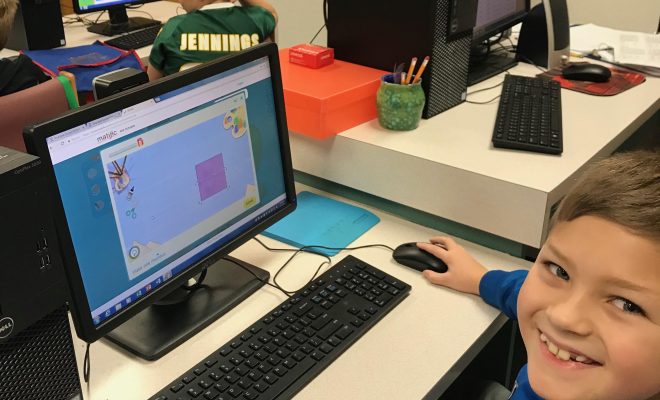Disengaged Students, Part 12: A Call to Revive Middlebrow Culture

In this 20-part series, I explore the root causes and effects of academic disengagement in K-12 learners and explore the factors driving American society ever closer to being a nation that lacks intellectualism, or the pursuit of knowledge for knowledge’s sake.
In her book The Age of American Unreason Susan Jacoby discusses “middlebrow” culture, the product of the early and mid-20th century push for middle-class people to attain higher levels of sophistication through easily accessible literature, art and music. As the name implies, middlebrow leanings are an intermediary between highbrow and lowbrow cultures.
Middlebrow pursuits, such as purchasing expensive encyclopedias on installment plans or hanging up duplications of famous paintings by artists like Van Gogh, were scoffed at by people who believed themselves to be of a higher class. Even Jacoby pokes some fun at her own modest upbringing in which her parents bought into some aspects of middlebrow culture in an effort to raise the sophistication level of her family. She remembers seeing duplications of famous works on art on her walls and listening to classical music on public radio broadcasts. At the time, she did not realize that her family could be the target of snickering for their attempts to attain higher levels of culture through mass production and consumption.
Where middlebrow culture went right, however, is in its intent. People without much money or access to higher levels of education took it upon themselves to broaden their world views with whatever resources they could afford. Parents in post-World War II America wanted their children to aspire to greater heights, and not just in the economic sense. They wanted their children to know more about the world and have high levels of intellect. For these parents, a heightened level of critical thinking meant an opportunity to improve one’s social, economic and intellectual standing. In other words, the development of the intellect came first and the desired consequences of that development came in second place. There were no shortcuts to ascending classes; knowledge was the key to making the jump.
Where have Middlebrow Tendencies Gone?
Today’s parents could take a cue from middlebrow aspirations, and so could the surrounding society. People who rise quickly to wealth are idolized, whether they are athletes or entrepreneurs like Facebook creator Mark Zuckerberg. Yes, Zuckerberg is an innovator who is highly regarded for his intelligence, but the emphasis on his monetary worth overshadows his actual accomplishments. Instead of examining how Zuckerberg used his intellect to develop a huge concept cleverly, our culture uses the Facebook story to promote the simplistic theory that all it takes is “one big idea” to achieve extreme wealth and prestige. That theory postulates that success is based on luck, fate, and being in the “right place at the right time.” This does not create a thirst for knowledge but a desire for dollars.
Society’s obsession with wealth as a determiner of success has a direct impact on K-12 education. So-called “practicality” in education simply encourages students to ask, “How much can I make with this knowledge?” The problem with the “practical” view of schools is that it focuses more on economic impact and less on knowledge and the love of intellectual pursuits. If one generation of students is allowed to graduate high school with only “real world” learning, the intellectual future of the entire nation is in peril. Thankfully, even with increasing pressure from parents and communities, educators still value at least some indirectly practical knowledge and so K-12 students still have some exposure.
Our students could benefit from a return to this seeking of classical knowledge, and not just using a search engine to find the easiest answer. Without the sacrifice to seek out the information, much of it is being devalued – something that will not only impact this generation of students, but the next ones too.




